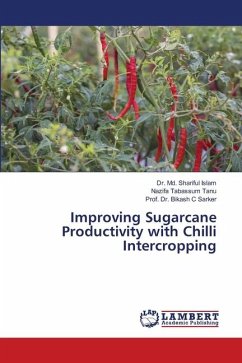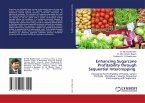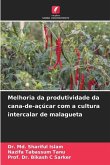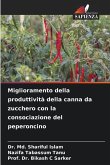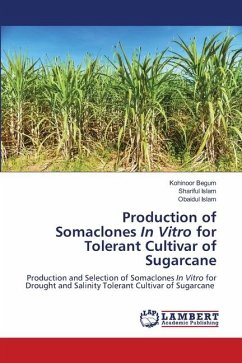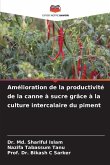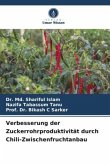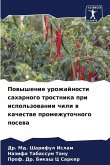Sugarcane is a long duration crop for cultivation. In response to the challenges posed by a growing global population and escalating food demand, various strategies have been globally implemented to enhance land use efficiency. One particularly promising method is intercropping, which not only amplifies crop productivity but also aligns with environmentally friendly practices. Intercropping entails cultivating two or more crops simultaneously on the same land, optimizing the use of natural resources. This approach synergizes the effects of different crops, contributing to the establishment of sustainable crop production systems worldwide. During the initial growth stages of sugarcane, its slow rate allows for the cultivation of additional crops in the exposed areas beneath the leaf canopy. An effective strategy proposed to bolster sugarcane farming in Bangladesh involves transplanting sugarcane at a 100 cm distance in single rows with two rows of chillis plants, is suggested as aprofitable intercropping technique. This method not only optimizes land utilization but also demonstrates potential for fostering sustainable and efficient crop production practices on a global scale.
Bitte wählen Sie Ihr Anliegen aus.
Rechnungen
Retourenschein anfordern
Bestellstatus
Storno

